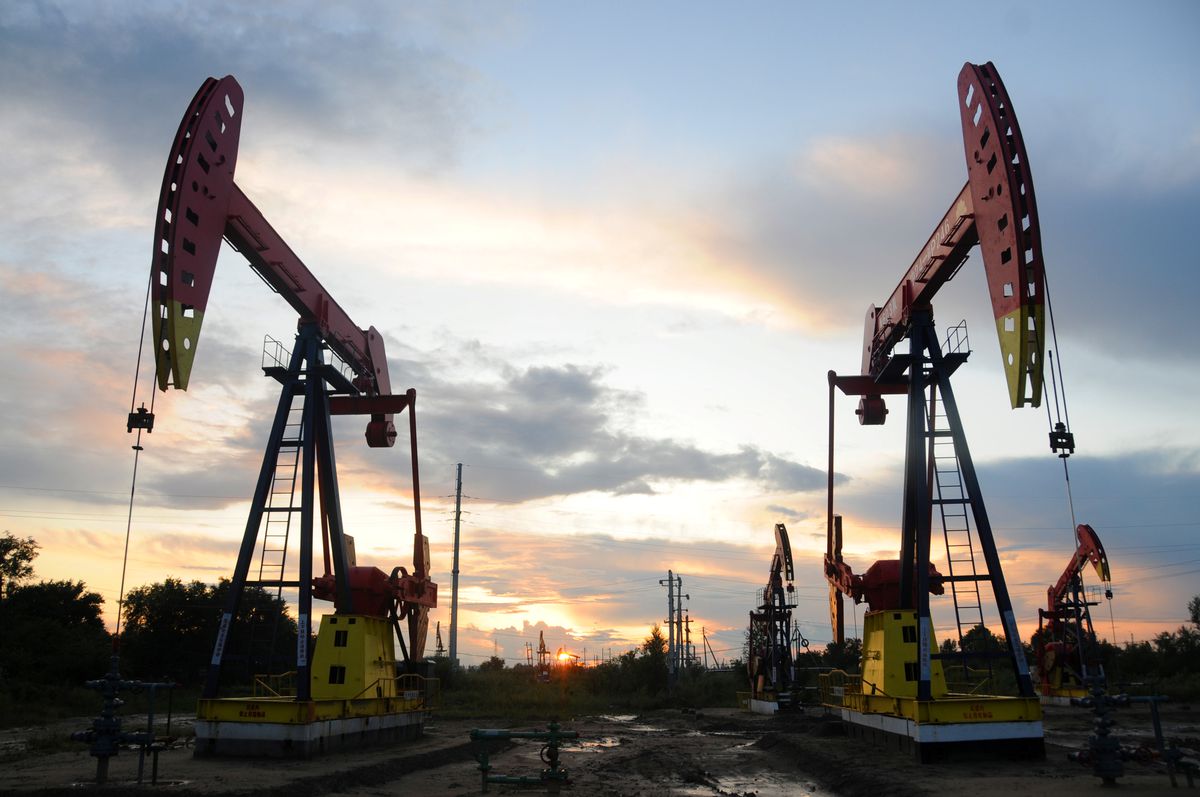Oil prices rose on Thursday, supported by signals from the US Federal Reserve on a possible start to rate cuts and on new support measures for China’s embattled property market.
Brent crude futures climbed 58 cents to $81.13 a barrel and US West Texas Intermediate crude futures gained 59 cents to $76.44 at 0919 GMT, after falling by more than $2 a barrel in the previous session.
Those moves are likely supported by expectations for rate cuts this year after a speech by Federal Reserve Chair Jerome Powell on Wednesday, CMC Markets analyst Tina Teng said.
Powell said that interest rates had peaked and would move lower in coming months, with inflation continuing to fall and an expectation of sustained job and economic growth.
Lower interest rates and economic growth help oil demand.
But, Powell declined to promise that rate cuts would come as soon as the Fed’s March 19-20 meeting, as investors had hoped.
China, the world’s second biggest economy, unveiled new support measures to help stem the fallout from the liquidation of developer Evergrande (3333.HK) and as it ended last year with the worst declines in new home prices in nearly nine years.
Analysts at JPMorgan said they expected China to remain the single largest contributor to global oil demand growth in 2024, forecasting Chinese demand would grow by 530,000 barrels per day (bpd), following a 1.2 million bpd surge last year.
“Geopolitics aside, our view remains that 2024 will be fundamentally a healthy year for the oil market and we recommended using December’s sell-off as a buying opportunity,” JPMorgan said in a client note.
In another glimmer of better economic news, the downturn in Germany’s manufacturing sector, representing about a fifth of its economy, eased in January, a survey showed on Thursday.
In the Middle East, worries about attacks by Yemen-based Houthi forces on shipping in the Red Sea are now driving up costs and disrupting global oil trading. The Houthi group also said it would keep up attacks on US and British warships in what it called acts of self defence.
“The energy market remains on edge as it waits for a US response to the drone attack on American troops in Jordan,” ANZ Research said in a note.







Click here to change your cookie preferences